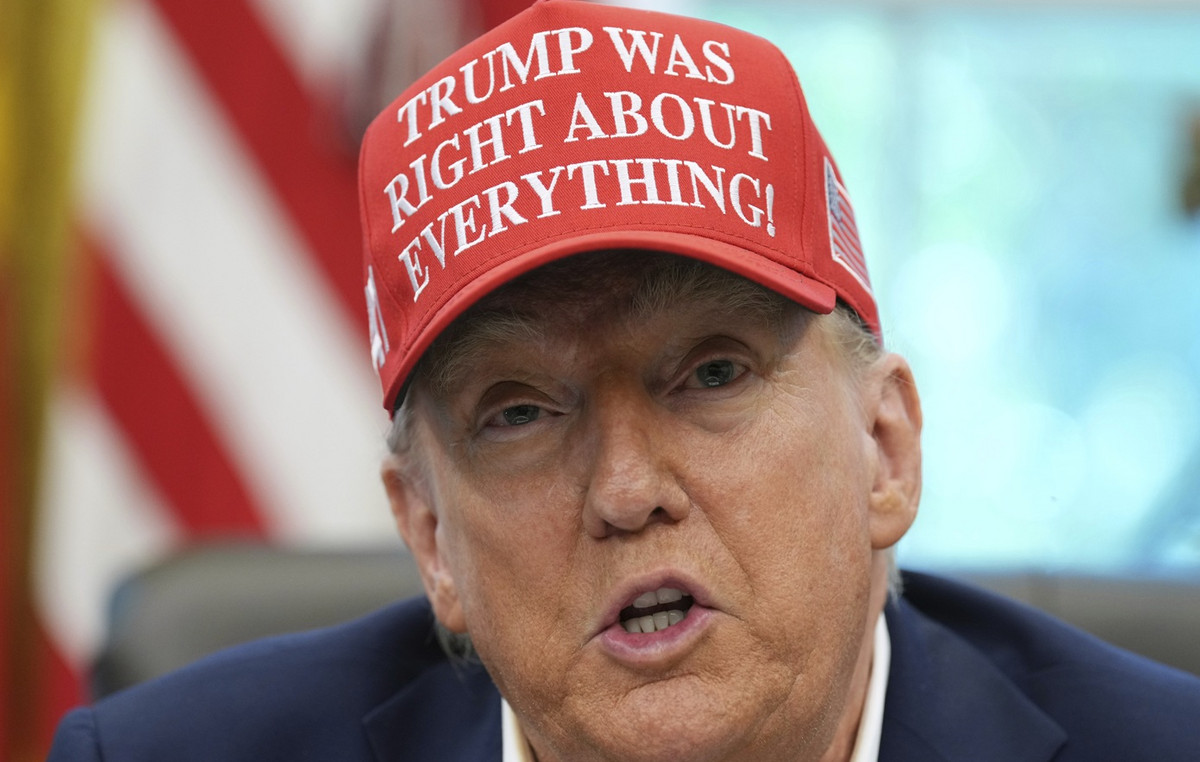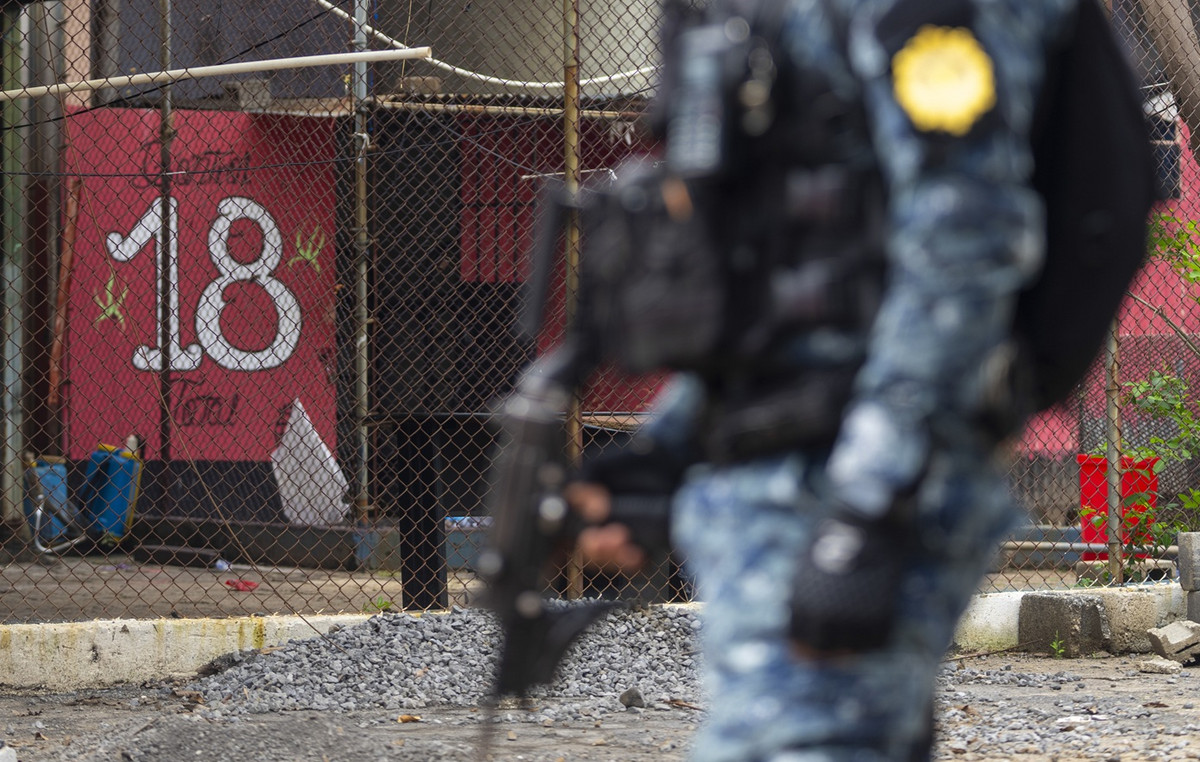The Presidents of the United States and Ukraine, Joe Biden and Volodymyr Zelensky, made a phone call this Sunday (13). The conversation comes amid warnings from the United States that a Russian invasion of Ukraine could happen as early as this week.
The call comes a day after Biden called Russian President Vladimir Putin. The US leader warned that the US and its allies will respond “decisively and impose swift and severe consequences” on Russia if Putin decides to invade Ukraine.
In an interview with CNN this Sunday (13), the professor of International Relations at ESPM, Gunther Rudzit, said that we are facing a “geopolitical earthquake”.
“Plate tectonics moved, especially on the Russian side,” he added. He explains that Russia is playing a “typical power game” by re-establishing itself as a great power, and forcing the United States to sit at the negotiating table.
“As long as they are negotiating, talking, arranging new meetings, it’s a good sign. It means they’re looking for a diplomatic way out. If there hasn’t been that anymore, there will only be one other option, which is the use of force,” he said.
He explains that the Americans are in a tricky position, in which they need to balance “diplomacy and the expression of the use of force.” The professor points out that the US may seem weak in the eyes of China depending on its posture.
Rudzit points out that if the Americans convey the feeling that they no longer want to go to war for another ally, a window of opportunity would be opened for the Chinese to retake Taiwan by force, for example.
“The US government is in a tricky position to have to calibrate this military response. Not strong enough to the point that Putin also has to use force, but it can’t be too weak either,” he declared.
The crisis and Brazil
The expert also points out that a Russian invasion of Ukraine could make the price of a barrel of oil go from the current level of around 94 dollars, to around 120 dollars.
“This will skyrocket oil and gas. Petrobras would have no choice but to raise the price of derivatives. That would make inflation go up here and lead the Central Bank to have to raise interest rates even more. That’s why this crisis is so important to us,” he explained.
President Jair Bolsonaro (PL) reaffirmed this Saturday (12) that he will travel to Moscow next Monday (14), despite the scale of growing tensions between Russia and Ukraine, and cited Brazil’s dependence on Russian fertilizers.
The continuation of the trip amid the imminence of an attack on Kiev by Russian President Vladimir Putin, was anticipated yesterday by CNN.
“It’s not the best time for the president to go there, but it’s a long-scheduled visit. If there was an invasion before the arrival of the president there, then a review of that visit would be advisable”, opined Professor Gunther Rudzit.
“This could convey the image of support, even more so on a topic so sensitive to Itamaraty, which has always been in favor of the passive resolution of controversies. Brazil has always opposed the use of force,” he added.
“That’s why it’s a very risky trip, diplomatically speaking,” he concluded.
* Under the supervision of Elis Franco
Source: CNN Brasil
I’m James Harper, a highly experienced and accomplished news writer for World Stock Market. I have been writing in the Politics section of the website for over five years, providing readers with up-to-date and insightful information about current events in politics. My work is widely read and respected by many industry professionals as well as laymen.







